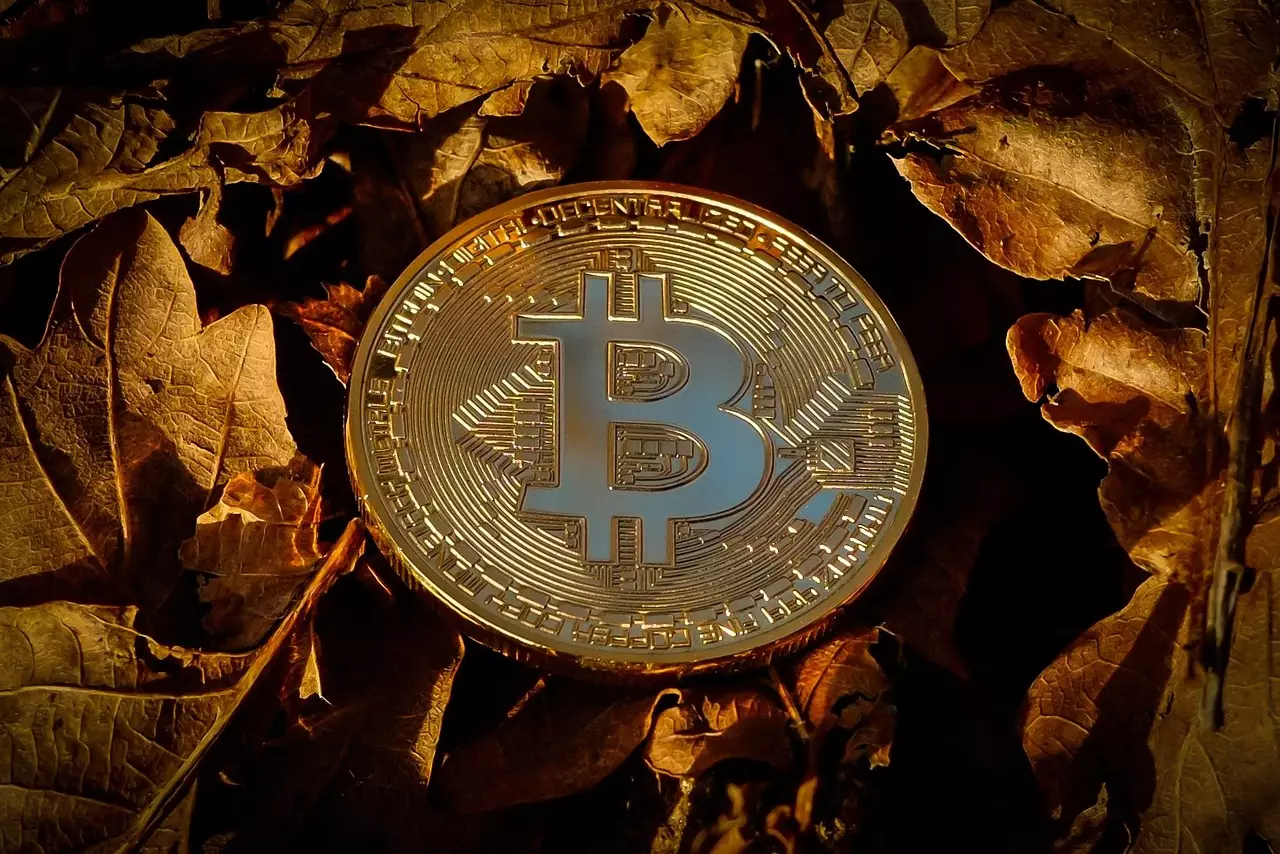Elon Musk’s SpaceX has just triggered a wave of speculation across the financial and crypto worlds with its latest Bitcoin transaction after a three-year silence. Moving 1,300 BTC—valued at approximately $153 million—to an new address is not just a trivial shift; it raises fundamental questions about the company’s strategic vision toward digital assets. While some see this as merely a routine custody transfer, dismissing any implications of market influence, others interpret it as a strong signal of Musk’s continued confidence in Bitcoin as a long-term store of value. The move’s timing suggests more than a simple custody shuffle; it hints at a nuanced stance that aligns with Musk’s increasingly pro-Bitcoin rhetoric.
What makes this transfer noteworthy isn’t just the dollar amount but the context. Unlike a sale, which would likely have been directed toward a prominent exchange such as Coinbase, this recent transaction landed in an unmarked wallet, seemingly for safekeeping rather than liquidation. The fact that the coins in this new wallet remain untouched indicates no immediate intent to sell—yet, the decision to move such a significant amount at this juncture hints at underlying strategic motives. Perhaps Musk is reinforcing his belief that Bitcoin remains a resilient hedge amid inflationary threats, especially now that global monetary policies are leaning toward aggressive money printing.
The Broader Implications for Bitcoin and Institutional Holdings
Unlike Tesla, which has not touched its Bitcoin stash in nine months despite being the largest corporate holder after Musk revealed holdings of 11,509 BTC, SpaceX’s recent activity reflects a different approach. Tesla’s continued abstinence from sales suggests a long-term hold strategy rooted in the core belief that Bitcoin’s scarcity makes it an unmatched hedge against fiat currency devaluation. Conversely, SpaceX’s move could serve as a strategic statement: a demonstration of custody and control, rather than an imminent sell-off. The fact that SpaceX still commands nearly 7,000 BTC indicates an unwavering commitment to crypto as part of Musk’s broader economic worldview.
Musk’s assertion that “fiat is hopeless” and his open advocacy for Bitcoin as a form of resilience within the financial system underscore a pivotal shift in the public perception of Bitcoin—away from novelty toward recognition as “digital gold.” His recent endorsement of Bitcoin replacing traditional fiat, coupled with his comments about the government’s “Big Beautiful Bill,” demonstrates that Musk views the cryptocurrency as a safeguard against reckless monetary expansion. This narrative aligns comfortably within a center-right liberalism that values individual financial sovereignty and market-based solutions over government overreach.
Does This Signal a Turning Point or Just Strategic Maneuvering?
While critics may argue that a single transfer is insufficient evidence of larger plans, the fact that Musk’s companies continue to hold substantial Bitcoin assets reflects where his convictions lie. The recent transaction could be a calculated move to reinforce custody or even position assets for future strategic liquidity needs, especially as markets remain volatile. Historically, figures like Max Keiser and community members have speculated about Musk’s potential to become a maximalist—a status that would further elevate Bitcoin’s role within a balanced, free-market-oriented financial framework.
However, the skepticism persists. Is this just an operational move, or a subtle signal that Musk is positioning SpaceX for a financial renaissance rooted in digital assets? If he is indeed preparing for a scenario where Bitcoin becomes a governing financial instrument or a hedge that protects assets from inflation, then these transactions could carry far more weight. They reflect a broader acceptance among influential entrepreneurs that Bitcoin’s fixed supply and decentralized nature make it an essential component of the future economy—they see it as the ultimate safeguard against government overreach and monetary mismanagement.
Elon Musk’s recent Bitcoin transfer isn’t an isolated act but possibly a strategic affirmation of belief in digital gold. It signals a willingness to hold, control, and potentially use Bitcoin as a hedge against unchecked monetary expansion. Whether it’s a step toward greater institutional acceptance or a quiet statement about financial sovereignty, this move underscores the transition of Bitcoin from niche speculation to a foundational element of a more resilient, liberty-oriented financial system—one that Musk, as a spacefaring innovator and center-right thinker, continues to champion.


Leave a Reply